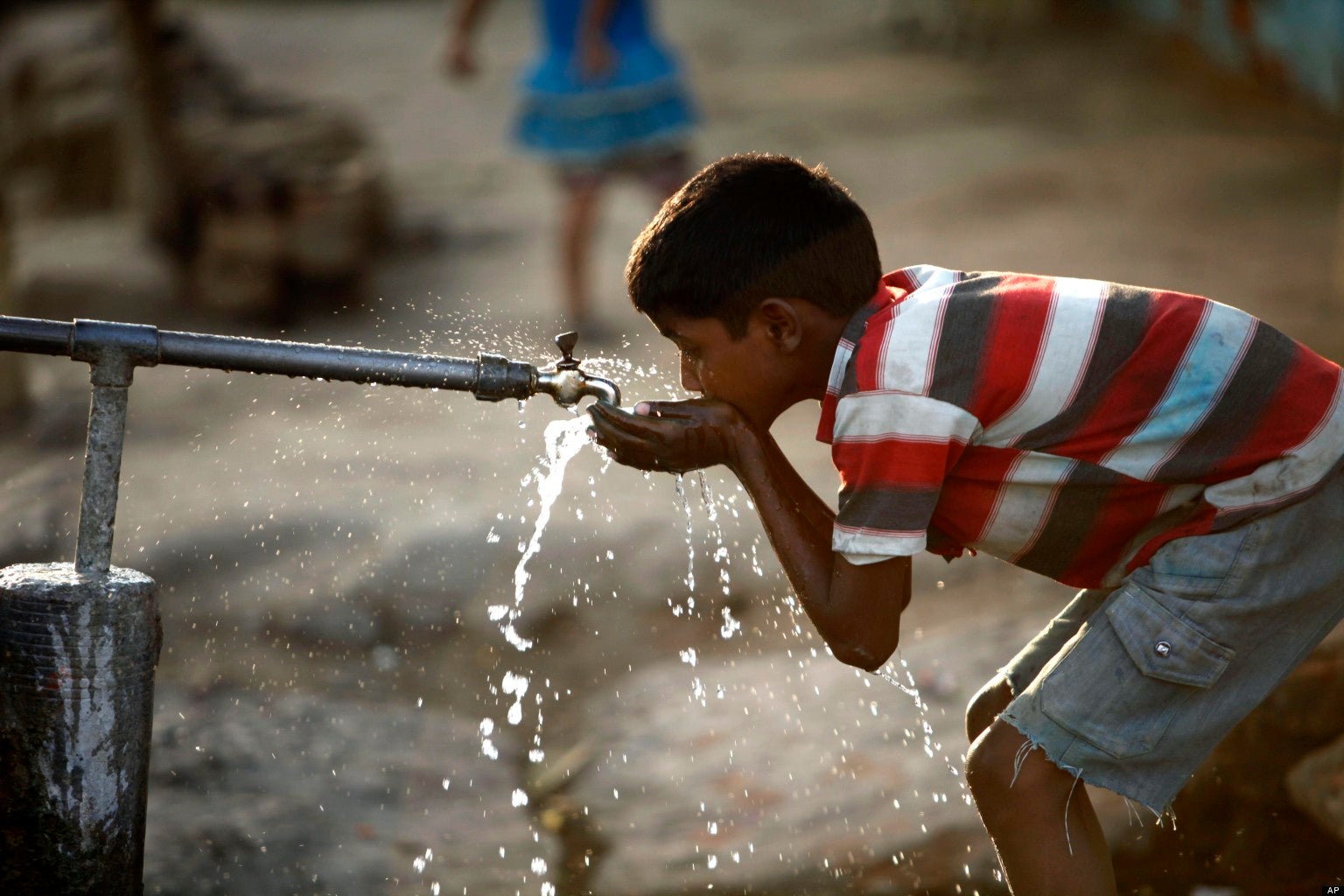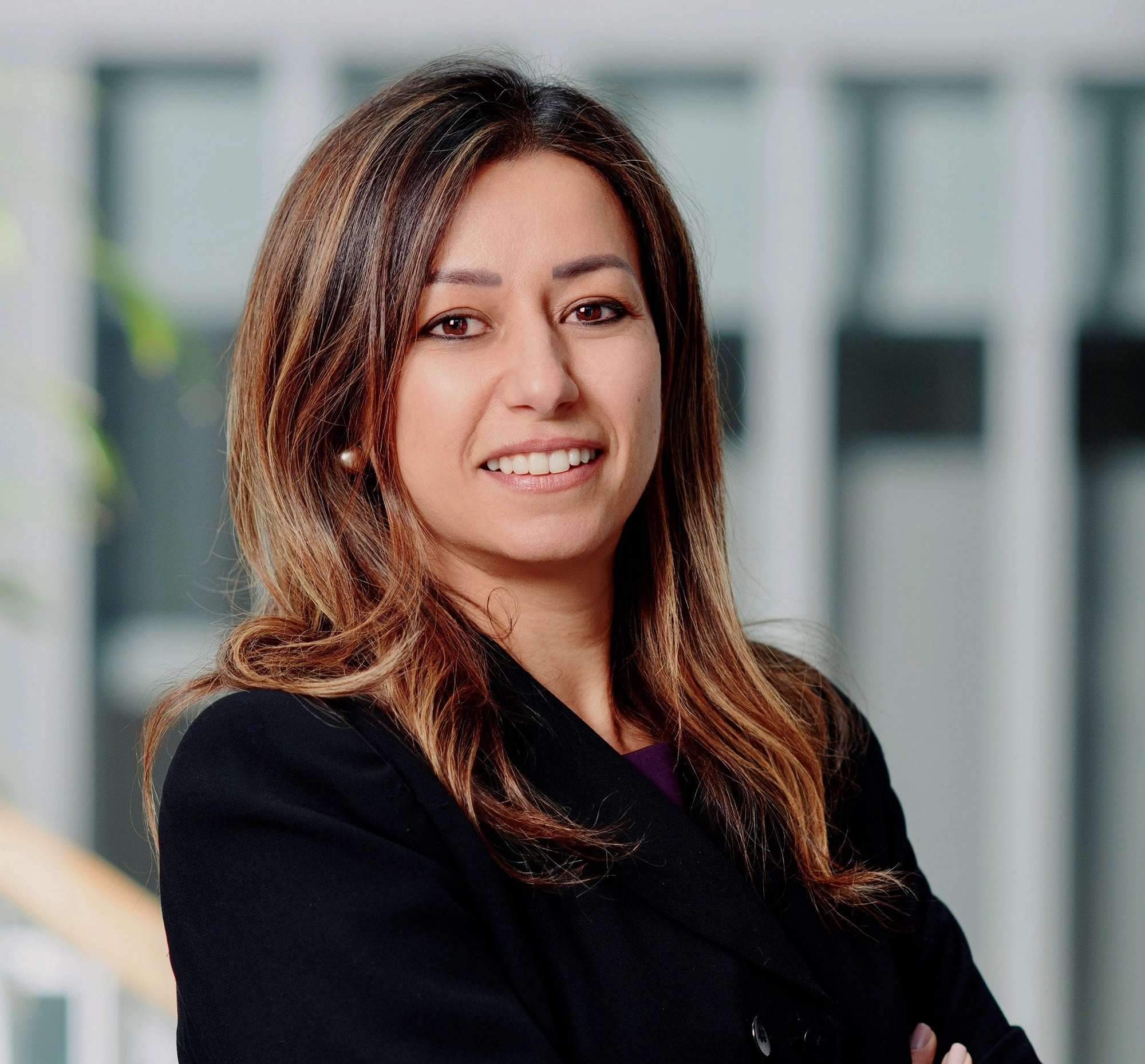 The water crisis is already evident in the Arab region, varying in scale and intensity at different times of the year.
The water crisis is already evident in the Arab region, varying in scale and intensity at different times of the year.
co-authored by Hassan Aboelnga, a PhD researcher at Cologne University in Germany
“Water is life” is such a popular phrase that we use it almost as a cliché. But that same expression is one of the most powerful calls-to-action to swiftly and effectively ensure the sustainable management of water and sanitation for all (SDG6). Water is at the heart of sustainable development and is critical for socio-economic development, healthy ecosystems and human dignity. Water is also at the core of climate adaptation, serving as the crucial link between the climate system, livelihood and the environment. As highlighted in the recent World Bank report: Uncharted Waters: The New Economics of Water Scarcity and Variability, the changing climate will bring about more droughts and floods with increasing consequences on farms, firms and households.
However, despite major efforts from various countries, reports show that the world is off track in achieving the sustainable development goal on water. The situation is so tenuous that the Global Risk Report 2020 from the World Economic Forum has ranked “water crises” as the world’s top risks with regard to its impact and likelihood.
Arab World’s Looming Water Crisis: The Urgent Need for Action
The water crisis is already evident in the Arab region, varying in scale and intensity at different times of the year.
The Beyond Scarcity: Water Security in the Middle East and North Africa report shows how Arab countries have been facing great pressure due to population growth and climate change, with more than 60% of the population affected by high or very high water stress, compared to a global average of about 35%. The same report shows how the region is home to six percent of the world's population, yet contains just one percent of the world's freshwater resources. Two-thirds of all fresh water resources originate outside the region, resulting in countries’ dependence on shared water supplies.
Climate change is impacting the water cycle, food security and vulnerable communities. It also has socio-economic implications, potentially jeopardizing sustainable development and progress made in ending poverty in the region. The High and Dry: Climate Change, Water, and the Economy report assesses that the Arab region has the greatest expected economic loss from climate-related water scarcity, estimated at 6–14 percent of GDP by 2050 . Moreover, an estimated one billion people living in dry regions will not have access to water.
Water Security in the Arab Region: Why It Matters
The water sector in the Arab region faces the fundamental challenge of trying to do more with less – not an easy endeavour - due to increasing demands, a massive influx of refugees, chronic water scarcity, intermittency of water supply, lack of access to safely managed water and sanitation services, climate extremes such as droughts and floods, ageing infrastructure, lack of information systems, as well as weak institutions and strained human and financial resources.
Moreover, water security is more complex under pressures such as population growth and climate change, particularly in fragile contexts where there are increased vulnerabilities and weakened social contracts between institutions and local communities, working as a destabilizing force and risk multiplier.
The Five I’s to Leapfrog in Achieving Water Security and Sustainable Development
- Integration
Integrated Water Resources Management (IWRM) is key in achieving water security. The Arab region has been investing for a long time in linear systems (for usage and disposal). Water and sanitation are still being treated as two separate systems, similar to surface and groundwater resources, while they are all part of one system: the water cycle. Wastewater often considered both a risk and a waste that should be disposed of, as 80 percent of wastewater is discharged directly into the natural environment without being used. An estimated 40 to 50 percent of drinking water is wasted due to physical and commercial loss, a major issue contributing to the region’s intermittent water supply (IWS). Diminishing nonrevenue water (water that is produced and lost before reaching users) and treating wastewater are untapped opportunities that can help address water security in the region.
- Innovation through new technologies, financing, and partnerships
Innovation in water technology— from water supply (such as desalination and solar pumping) to industrial efficiency (such as more efficient water reuse) to agricultural technologies (such as crop protection and irrigation controls)— show huge potential for leapfrogging.
Public utilities are typically unable to meet development finance demands solely through public resources and will have to attract new sources of funding. Unlocking private sector capital in the Arab region for water development projects is particularly challenging due to uncertainties in return on investment. This is compounded by limited regulatory and institutional frameworks that ensure democratic ownership, effectiveness and accountability. This is where innovative solutions, such as performance-based contracts, are needed.
- Infrastructure (resilient infrastructure)
A new generation of infrastructure projects have a critical role to play in meeting the climate adaptation challenge. Natural systems such as forests, floodplains and soils can contribute to clean, reliable water supply and protect against floods and drought. Combining this “green infrastructure” with traditional “gray infrastructure” such as dams, levees, reservoirs, treatment systems and pipes can provide solutions that enhance system performance and better protect communities.
Service providers such as water utilities, flood management agencies, irrigation agencies and hydropower companies can deliver more cost-effective and resilient services by integrating green infrastructure into their plans. However, to guide its appropriate use in mainstream infrastructure programs, green infrastructure must be as rigorously evaluated and carefully designed as grey projects.
- Information
Data is necessary for officials to make policy decisions on water that will pay dividends. However, data in the region is lacking and very limited. Whether it’s called “digital water” or “smart water,” information and data management is flexing its muscle in the water sector’s quest for resiliency and water security. Public utilities face many potential issues - political pressure, uncertainty, lack of information systems and unreliable data - when trying to make decisions. Those issues are more frequent and can result in negative impacts if they are not rooted in data and have not adopted a data-informed decision-making process and culture.
- Institutions
Institutional Reform processes must go hand in hand with policy and legislation. Institutional reforms and incentives are critical to enhance and sustain water supply and sanitation service delivery in Arab countries. Water sectors in the region that have replicated solutions from developed countries without much adaptation and due reference to their political economies have generally failed.
To achieve water security in the Arab region, we need to shift away from siloed solutions to more inclusive and integrated ones. Business as usual is not an option. Progress requires a network of ideas and for institutions to come together to develop solutions. Innovative solutions can offer unprecedented opportunities that can help the region leapfrog towards water security, resilience and sustainable development for all.



Join the Conversation